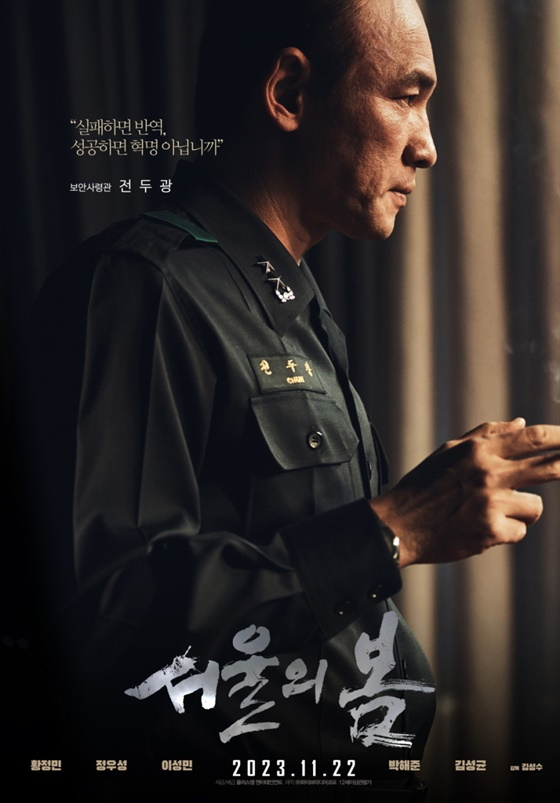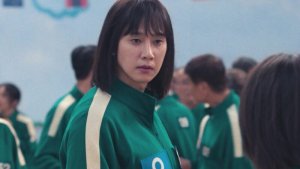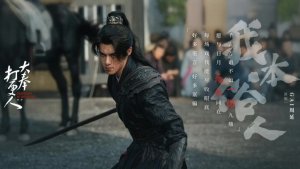 Chinese actress Zhao Lusi, global girl group VCHA's KG, and the so-called 'slave contracts'
Chinese actress Zhao Lusi, global girl group VCHA's KG, and the so-called 'slave contracts'
President Yoon Suk Yeol of South Korea declared martial law and afterward lifted it, an incident that has drawn renewed attention to the K-movie 12.12: The Day, which dealt with the story of a military coup.

On the evening of December 3, at approximately 10:25 p.m., President Yoon declared martial law while addressing the public during a televised speech.
Following the announcement, armed soldiers entered the National Assembly. Citizens who had gathered at the National Assembly to demand the lifting of martial law confronted the armed soldiers barehanded in an attempt to block their entry.
Subsequently, at around 1:00 a.m. on December 4, the National Assembly passed a resolution to lift martial law with unanimous approval from 190 parliament members present. President Yoon Suk Yeol lifted the martial law approximately six hours after it was announced, at 4:30 a.m. the same day.
This incident evoked memories of the December 12 military coup. Consequently, there has been a surge of interest in the K-movie 12.12: The Day, which depicted the events of the December 12 military rebellion.
Released in December of last year, 12.12: The Day tells the story of December 12, 1979. Seoul was deep in political tension. President Park has been assassinated, and martial law declared.
Cho Kuk, leader of the National Innovation Party, also referenced Spring of Seoul (movie's literal title) when martial law was declared. He criticized the move, stating, "The very act of declaring martial law is a crime," and urged, "What is happening mirrors the events in Spring of Seoul. Citizens, do not be alarmed and stand firm to protect democracy."
Kim Kyung Soo, former governor of South Gyeongsang Province, similarly emphasized, "We must not allow the tragedy of Spring of Seoul to repeat itself. History cannot be reversed, and South Korea is no longer a nation that can be easily undermined."










